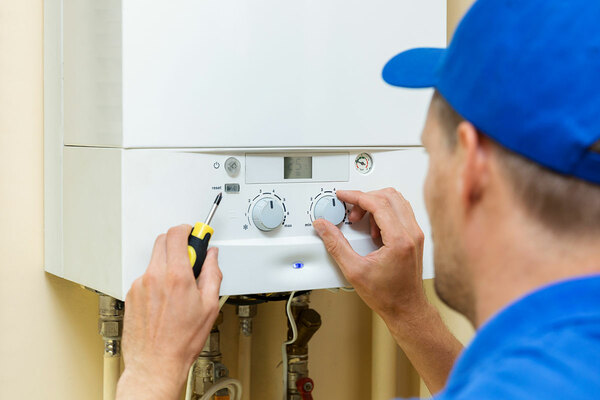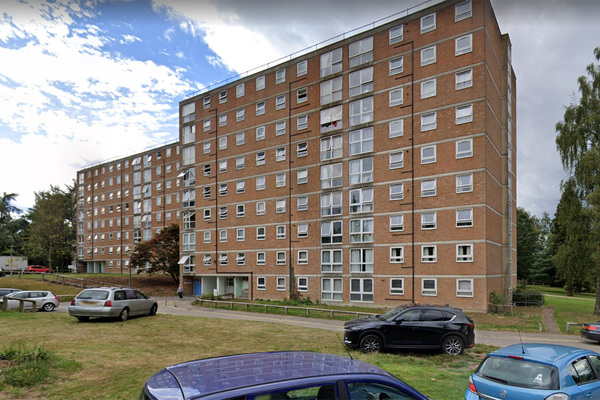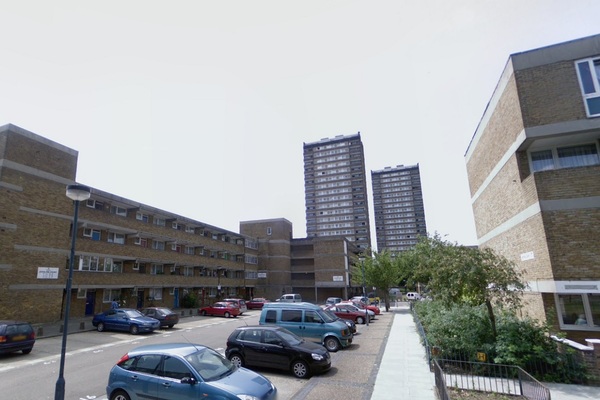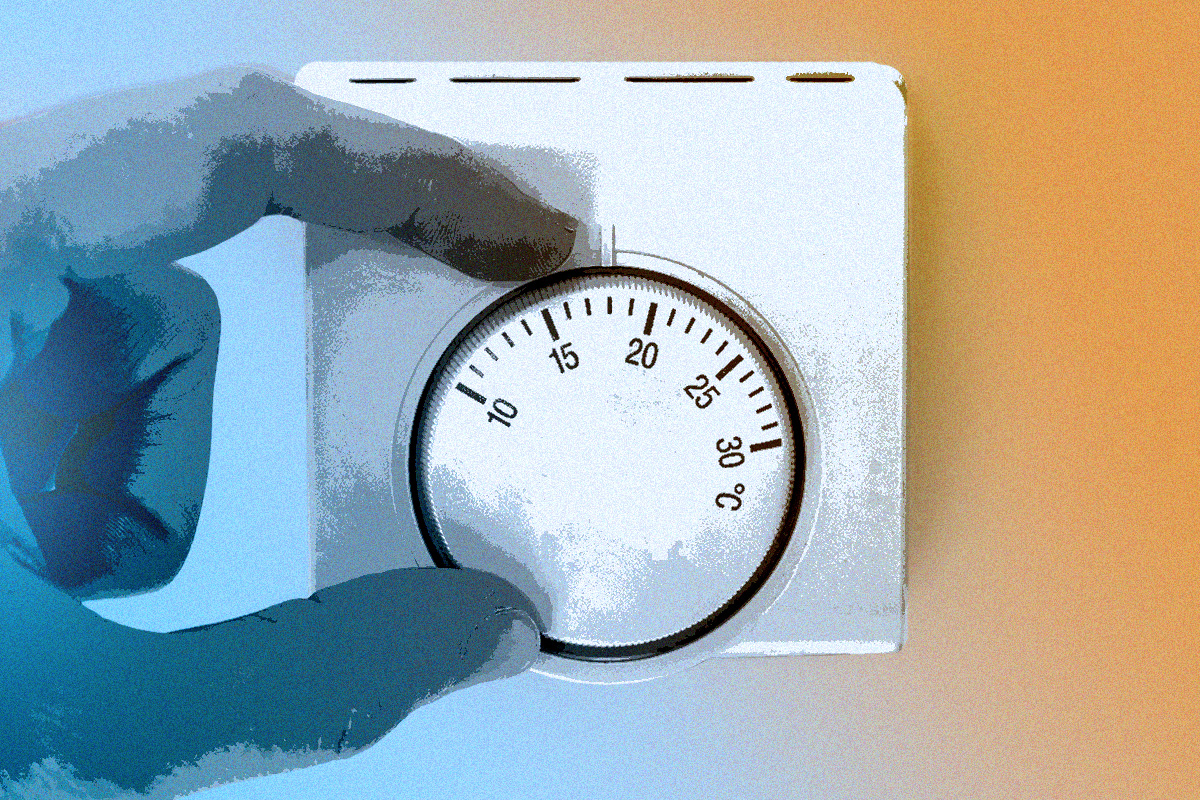You are viewing 1 of your 1 free articles
Gas safety checks return to pre-pandemic levels, regulator says
A backlog of gas safety checks that built up during the COVID-19 pandemic has returned to normal levels, according to a Regulator of Social Housing (RSH) survey.
In its 10th and final Coronavirus Operational Response Survey (CORS), the regulator said: “The reported gas safety compliance continues to be broadly back to pre-coronavirus levels, and a number of providers report decreasing backlogs on health and safety checks since the last CORS return.”
It added that almost all providers reported no material backlog in emergency repairs after the majority moved to an emergency repairs model during the height of the pandemic.
Government guidance introduced during the crisis stated that repair works could continue, but councils and housing associations were criticised by unions for continuing their repairs service throughout the year.
“There is some evidence that an increased number of routine repairs are being reported by tenants but survey responses suggest that backlogs in non-emergency repairs are not as severe as during the first lockdown,” the report said.
The regulator found that care providers are reporting normal staffing levels, which some attribute to the continued vaccine roll-out.
Some providers are beginning to phase in greater face-to-face support, home visits and bring back staff who were working at home, according to the survey.
Social landlords have faced difficulty accessing homes to carry out safety checks during the pandemic, for instance where clinically vulnerable residents were shielding.
About half of providers reported being unable to access a small number of properties where vulnerable tenants continue to shield voluntarily, the RSH said.
It added: “Alongside provider capacity, this remains one of the leading constraints on providers, but both have reduced markedly since the end of January.”
The RSH does not release survey data as part of its CORS reporting.
Sign up for our asset management newsletter
Already have an account? Click here to manage your newsletters











